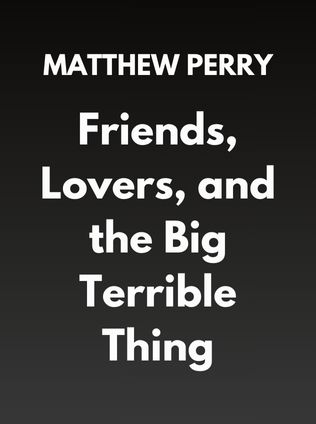
About the Author
Rupi Kaur, an acclaimed poet and visual artist, was born in Punjab, India, and later immigrated to Canada with her family at the age of four. She began writing poetry in her teenage years, drawing inspiration from her experiences as an immigrant and a woman of color. Kaur's writing is characterized by its raw emotional honesty, minimalist style, and powerful visual elements, which often include her own line drawings. Her debut collection, "Milk and Honey," was a phenomenal success, making her a prominent voice in contemporary poetry. Her second collection, "The Sun and Her Flowers," further solidified her reputation, exploring deeper themes of heartbreak, healing, cultural identity, and self-love.
Kaur's work is deeply personal and often draws on her own life experiences, making it both intimate and relatable. Her poems have a universal appeal, resonating with readers from diverse backgrounds, particularly young women who see their own struggles and triumphs reflected in her words. Kaur has been praised for her ability to articulate complex emotions in a way that is both accessible and profound. Her work speaks to the pain and beauty of the human experience, offering comfort and inspiration to those who read it.
Main Idea
"The Sun and Her Flowers" is a poetic journey through the cycles of life, represented metaphorically by the life stages of a flower: wilting, falling, rooting, rising, and blooming. Each section of the book reflects a different phase of this journey, exploring themes of heartbreak, trauma, healing, growth, and self-love. Kaur uses these stages to delve into her personal experiences, while also addressing broader issues such as cultural identity, misogyny, and the challenges faced by women of color. Through her poetry, Kaur invites readers to embark on their own journeys of healing and self-discovery, reminding them that, like flowers, they too have the capacity to rise and bloom despite adversity.
Table of Contents
- Wilting
- Falling
- Rooting
- Rising
- Blooming
Wilting: The Pain of Heartbreak
The first section of the book, "Wilting," is a poignant exploration of heartbreak and the emotional aftermath of a toxic relationship. Kaur begins this journey by delving into the pain of separation, capturing the raw emotions that come with the end of love. The poems in this section are filled with conflicting feelings—anger, sorrow, confusion, and an aching sense of loss. Kaur writes,
"You were the most beautiful thing that ever happened to me and now you’re just a memory"(Kaur), encapsulating the bittersweet nature of lost love.
In "Wilting," Kaur examines the reasons why she stayed in a relationship that was harmful to her well-being. She addresses her deep need for affection and her fear of loneliness, which kept her bound to her partner despite the emotional abuse she endured. These feelings are not uncommon, as many people remain in unhealthy relationships due to low self-esteem and the fear of being alone. Kaur’s decision to leave, though painful, is portrayed as an act of self-preservation and empowerment. She reflects on the difficulty of this choice, writing,
"I had to leave because I was dying where I stayed"(Kaur), emphasizing the necessity of choosing oneself over a toxic relationship.
The poems in this section also explore the complexity of emotions that follow the end of a relationship. Kaur expresses a sense of betrayal and disappointment, as well as a lingering love for her former partner. This duality is a common experience for those who have ended a significant relationship, as the heart often struggles to reconcile the pain of loss with the memories of love. Kaur’s words resonate deeply with anyone who has experienced the heartbreak of letting go, as she captures the tumultuous process of grieving the end of a relationship.
Kaur also touches on the societal pressures that influence relationships, particularly for women. She critiques the expectation that women should stay in relationships at all costs, even when they are detrimental to their mental and emotional health. Through her poetry, Kaur challenges these norms, encouraging readers to prioritize their own well-being and to recognize their worth outside of a relationship. This message is especially powerful in a world where women are often judged by their relationship status, rather than their individual accomplishments and strengths.
Sign up for FREE and get access to 1,400+ books summaries.
You May Also Like
The Subtle Art of Not Giving a F*ck
A Counterintuitive Approach to Living a Good Life
By Mark MansonRich Dad Poor Dad
What the Rich Teach Their Kids About Money - That the Poor and Middle Class Do Not!
By Robert T. KiyosakiHow To Win Friends and Influence People
The All-Time Classic Manual Of People Skills
By Dale CarnegieQuiet: The Power of Introverts
The Power of Introverts in a World That Can't Stop Talking
By Susan Cain



















